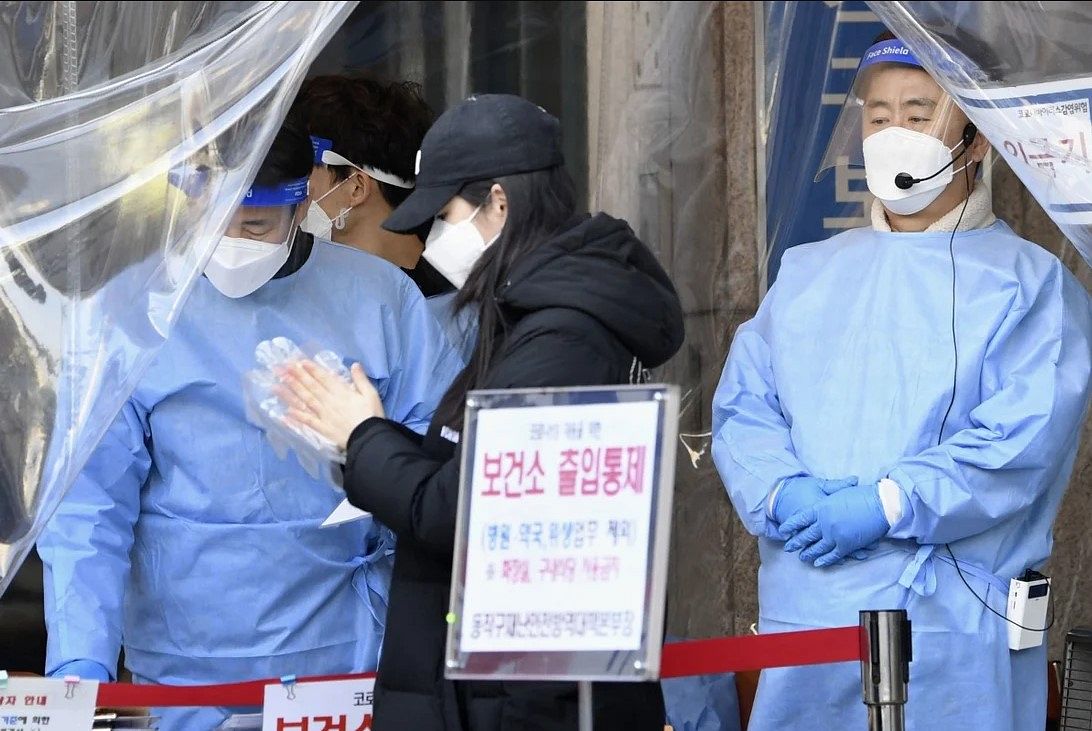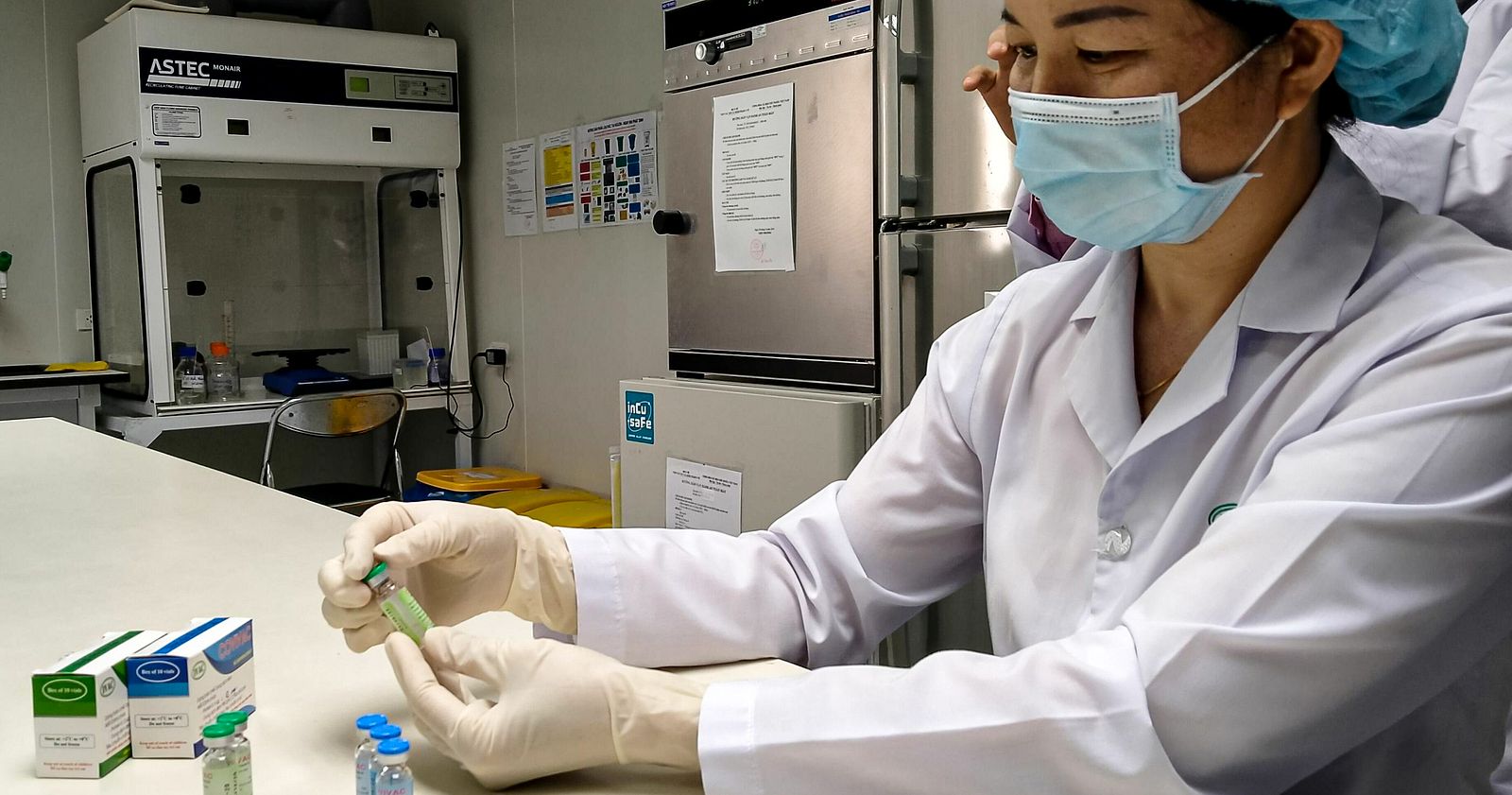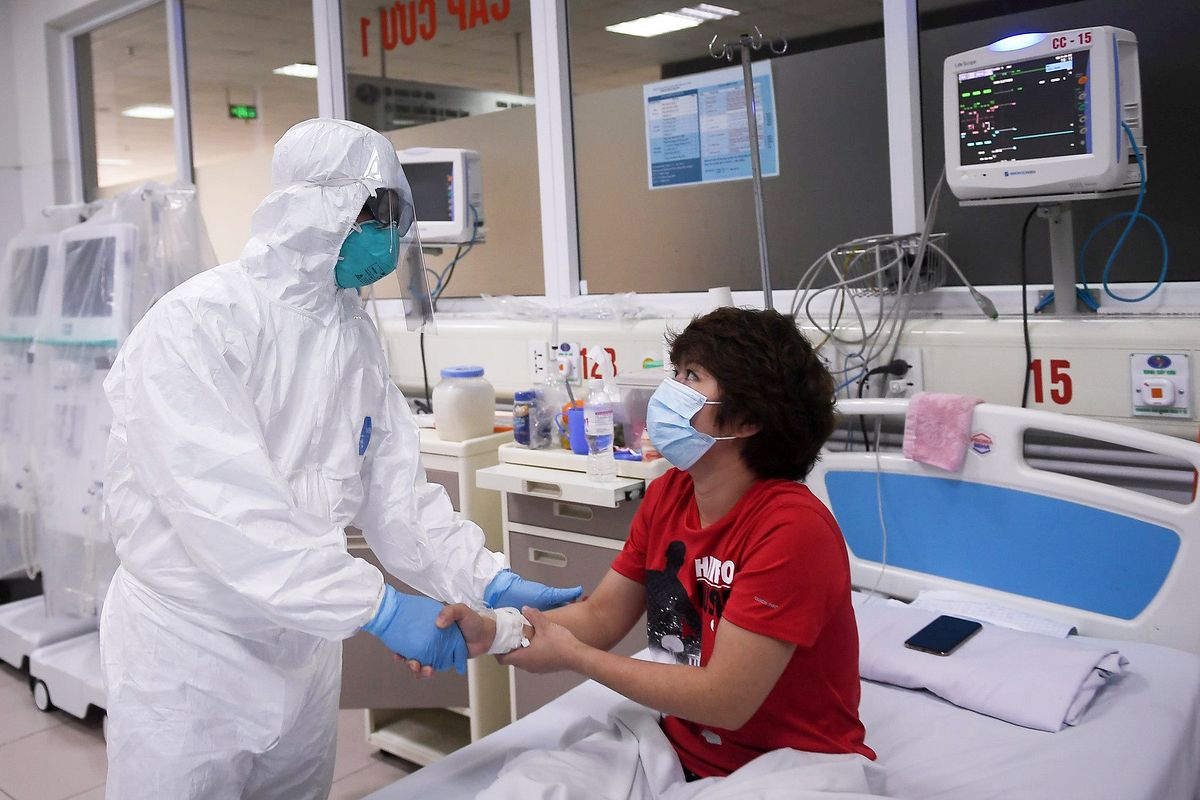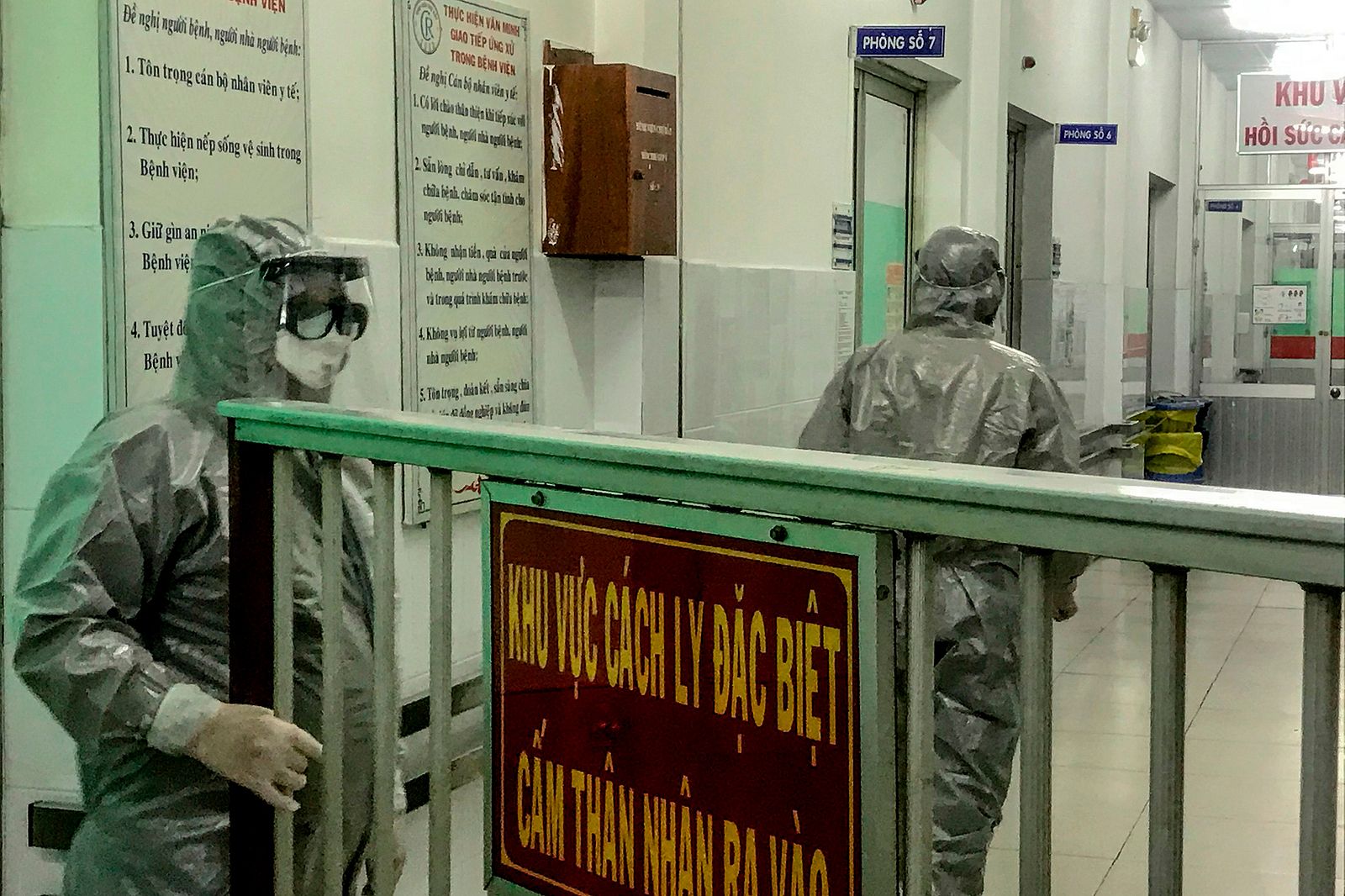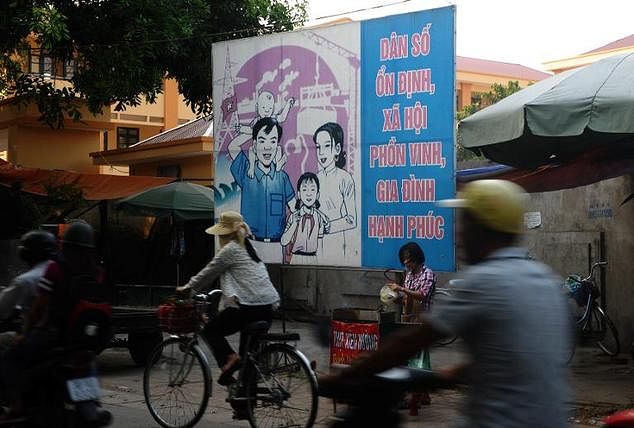Despite some positive results, Vietnam is playing catch-up in finding a vaccine to control the outbreak that is devastating the nation's pork industry.
There is currently no vaccine for the African swine fever, but the Vietnam Academy of Agriculture recently announced that they are two years away from developing one, according to VietnamNet. Since identifying the pathogen as the source of the disease, the academy has worked to produce inactive vaccines with positive test results.
In June, authorities claimed that 31 out of 33 pigs injected with the test vaccine are still healthy months after receiving two series of shots. Foreign experts expressed skepticism at the results and cautioned that much more testing was necessary regarding its viability, according to Reuters.
While the academy's scientists have access to a modernbiology laboratory with advanced equipment, they don't have the biosafety laboratory necessary to conduct certain tests required to study microorganisms. Such conditions are required to produce a vaccine on a commercial scale. Moreover, they have not been able to access the funds required for the tests, the news source shares.
The virus' complexity, along with the speed at which it multiples in the host, makes it difficult to combat. Conventional methods of injecting animals with a weaker strain of the live virus carry the risk of infecting the animal with a chronic form of the disease. José Manuel Sánchez-Vizcaíno, a virologist at the World Organization for Animal Health’s reference laboratory, told The Scientist: "This is the biggest problem: it’s good protection, but not very safe."
Elsewhere, China has spent a reported US$15 million on developing a vaccine. The VISAVET Health Surveillance Center in Madrid reportedly developed a vaccine that proved 92% effective in safeguarding wild boars from the virus, and could lead to a viable version for domestic animals after more testing.
In Vietnam, the disease has spread to 62 provinces and cities and resulted in the culling of three million pigs, or 10% of the country's stock. Costs have been estimated at VND3.6 trillion (US$154 million), while the disease is expected to result in a pork shortage until spring 2020.
[Photo via Adobe]


